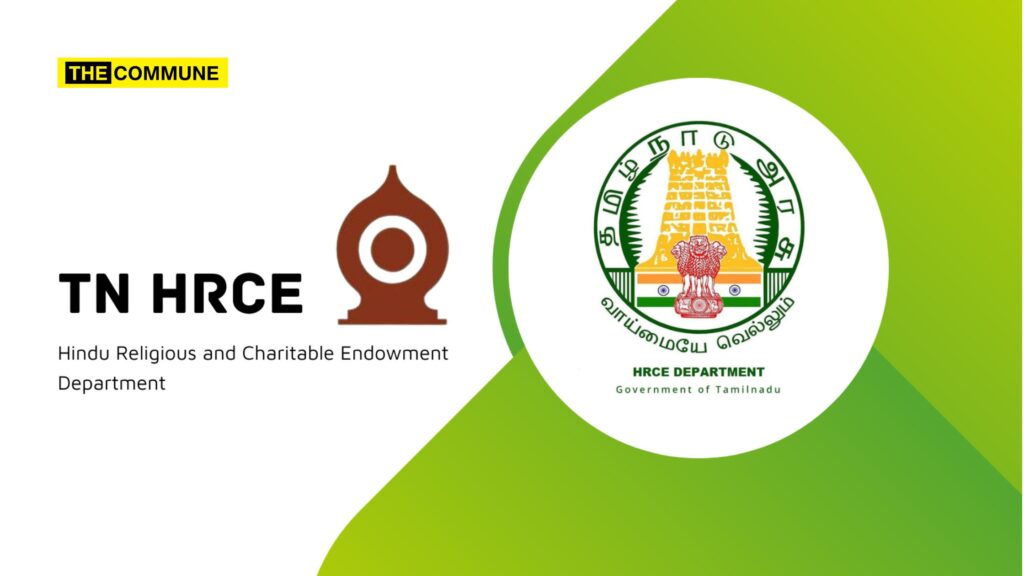Allegations of severe mismanagement by the Tamil Nadu Hindu Religious and Charitable Endowments (HR&CE) Department have surfaced, with claims that temples in the state incur annual losses amounting to ₹5,900 crore. The Temple Worshipers Association has demanded that administrative control of temples be handed over to trustworthy and capable trustees to curb the alleged mismanagement.
The appointment of new trustees to the Palani Thandayuthapani Temple has reignited concerns about executive officers continuing to exercise authority over temple administration despite a September 2020 Madurai High Court judgment. The court had ruled that the executive officer did not have the authority to issue tenders or oversee temple management and directed the appointment of trustees. The subsequent appeal in 2021 upheld this ruling, ordering trustees to assume administrative control.
Temple activist TR Ramesh, president of the Temple Worshipers Association, speaking to Hindu Tamil, has questioned the HR&CE Department’s failure to comply with the court orders and called for trustees to immediately take charge of the temple’s administration.
Allegations Against HR&CE Department
The following allegations have been raised against the Tamil Nadu HR&CE Department:
- Illegal Appointments: Executive officers have been managing temples for decades under outdated and invalid statutes. While their tenure is legally limited to five years, many continue indefinitely without proper oversight.
- Revenue Mismanagement: Of the estimated ₹6,000 crore annual revenue generated by temple assets, only ₹100 crore is reportedly accounted for, resulting in losses of ₹5,900 crore per year.
- Land Discrepancies: The state’s temples, which once held 5.25 lakh acres of land, now have only 4.78 lakh acres on record, with documentation missing for 1.04 lakh acres.
- Audit Irregularities: As of 2023, unresolved audit objections are amounting to ₹1,500 crore.
- Diversion of Funds: Temple funds are allegedly used for projects unrelated to worship, such as building swimming pools, memorial halls, and cultural centers.
- Stolen Idols: Thousands of ancient idols have been reported stolen, with many yet to be recovered.
The Temple Worshipers Association has demanded the transfer of temple management to trustees who are “faithful, honest, and politically unconnected.” They argue that temple funds and assets must be safeguarded from mismanagement and misappropriation.
TR Ramesh highlighted comparisons with neighboring states, such as Kerala and Andhra Pradesh, where temple administration remains autonomous, with religious leaders playing a significant role in decision-making.
The HR&CE Department collects a 12% administrative fee and a 4% audit fee from temple revenues, which critics argue is exorbitant and unparalleled globally. The department has also been accused of depositing ₹3,000 crore in temple funds into the Tamil Nadu Power Finance Corporation, which is reportedly incurring losses.
With mounting allegations, calls for transparency and reform in Tamil Nadu’s temple management are growing louder. Faith groups and activists are urging the government to address these issues promptly and ensure the proper preservation and administration of the state’s temple heritage.
(With inputs from Hindu Tamil)
Subscribe to our channels on Telegram, WhatsApp, and Instagram and get the best stories of the day delivered to you personally.

